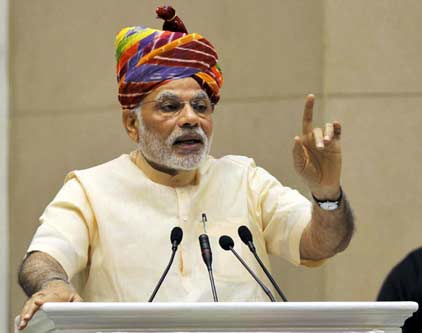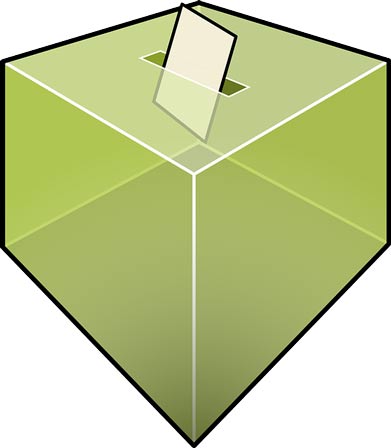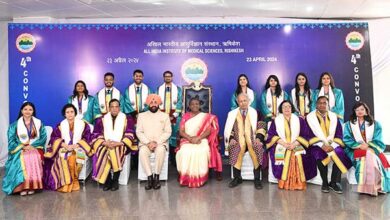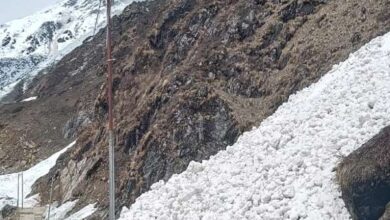Narendra Modi the first Prime Minister of India to visit Israel

Ever since Narendra Modi assumed office in May 2014, the question of him becoming the first Prime Minister of India to visit Israel was never in doubt. After all, Modi has a special attachment to Israel — a country that had made considerable investments in Gujarat when he was the chief minister. Modi, it is said, strongly believes that Israel can play an important role towards the success of his “Make in India” programme too.
Additionally, Modi’s party, the Bharatiya Janata Party (BJP), has always admired Israel for its pride in nationalism and respect for the military. In what was the first-of-its-kind by an Indian political party, it was the BJP convention in October 1991 that called for establishing full diplomatic relations with Israel. In fact, it was BJP leader Atal Bihari Vajpayee, who as the then external affairs minister, had arranged a secret visit of his the then Israeli counterpart Moshé Dayan to India in 1978. And as the Prime Minister of India, Vajpayee, in September 2003, had also hosted Israeli premier Ariel Sharon.
However, the question always was when Modi would undertake his maiden visit to Israel. Now that question has been answered. Though a detailed itinerary is yet to be worked out, it is almost certain that Modi will make a trip to Israel in May or June and his Israeli counterpart Benjamin Netanyahu is expected to visit India before 29 January, 2018, the official closing-date of the yearlong anniversary celebrations to mark 25 years since India and Israel established full diplomatic relations.
Even otherwise, during the past two-and-a-half years, top leaders from India and Israel have had increased interactions. In fact, Modi had met Netanyahu on the sidelines of the United Nations General Assembly in New York in September 2014. The meeting was so positive that Netanyahu had said that “the sky is the limit”, as far as India-Israel relations were concerned.
All this does not suggest that India and Israel did not have a warm relationship during the non-BJP or Congress-led regimes. Far from it. After all, it was during the PV Narasimha Rao regime in 1992 that New Delhi established full diplomatic relations with Tel Aviv, even though way back on 17 September, 1950 India had “recognised” Israel as an independent country. In fact, even in the absence of formal diplomatic ties, India under Congress rule had obtained military assistance during the wars in 1962 (with China), and 1965 and 1971 (with Pakistan). Israel, it is equally noteworthy, followed India in being one of the first countries to recognise Bangladesh in 1971.
However, there are two big differences between a BJP-led government and one led by the Congress party as far as their respective approaches towards Israel are concerned.
First, unlike the BJP government that openly justifies its deepening of ties with Israel, the Congress did so “privately” and took every care not to be seen publicly with Israeli leaders and officials. That explains why there were not many interactions during the UPA years, apart from then external affairs minister SM Krishna’s visit to Israel in 2012. So much so that then defence minister AK Antony not only first postponed — and then cancelled — his scheduled visit to Israel, but also urged Tel Aviv to defer a visit by the Israeli defence minister (Ehud Barak) to India in 2008. And this despite the fact that Israel by then had become our second-largest supplier of military hardware after Russia.
Modi also met Israeli president Reuven Rivlin during the funeral of Lee Kwan Yew in Singapore in March 2015. President Pranab Mukherjee became the first Indian Head of State to land in Israel in October 2015. This, in turn, led to a reciprocal visit of Rivlin to India in November last year. In between, Israeli defence minister Moshé Ya’alon had been to India in February 2015. Union Home Minister Rajnath Singh visited Israel in November 2015. And External Affairs Minister Sushma Swaraj had made a trip to Israel in January 2016.
What has been the Congress rationale? The party is under the notion that open and transparent ties with Israel will adversely affect India’s relations with the Islamic Arab world, including Palestine whose cause has India’s “principled support”. And more important, sharing platforms with the “racist Zionists” who rule Israel, will antagonise the Indian Left and Muslims. But, nothing can be more perverse than these rationales in a post-Cold War era. The end of the Cold War brought the collapse of the Soviet Union, India’s principal military and diplomatic patron, forcing India to search for alternative alliances. New Delhi also recognised that the staunch support it had given to the Arab world over the Israeli-Palestinian conflict had not been reciprocated to India over the Kashmir dispute. Finally, with Muslim-dominated Egypt doing normal business after the launching of the Madrid Peace Process in 1991, the ideological foundations of India’s policy towards Israel had eroded. If countries like the US, Russia and China could do business with both Israel and the Arabs, there was no reason why India would not do so.
Similarly, under the two UPA regimes led by Manmohan Singh, the strategic relations between the two countries remained as close as before. So much so that the Congress–led government in 2010 did not allow party MP Mani Shankar Aiyar to ask questions about the India-Israel defence relationship in Parliament on the grounds that it pertained to a “state secret”. In fact, in the wake of the 26 November, 2009 attacks on Mumbai, India’s defence purchases from Israel increased so much that the latter replaced Russia briefly as New Delhi’s largest defence supplier in 2009.
India and Israel have also focused their efforts on border security: Israel has sold India motion detectors and other monitoring equipment to track infiltration across the Line of Control (LoC) between India and Pakistan in the Jammu and Kashmir region. Israel also sold unmanned aerial vehicles (UAVs) to India for high-altitude surveillance and has offered to provide anti-insurgency training for Indian forces in the area as well.









